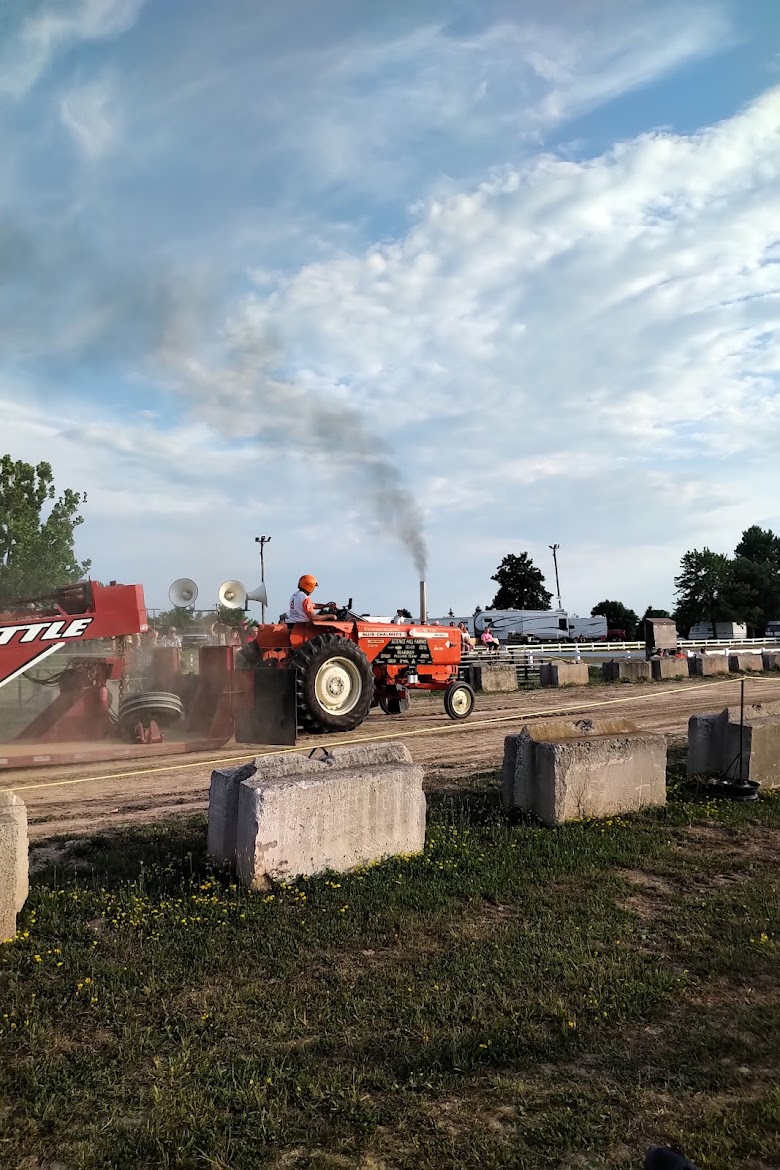The farm had been in the family since 1830, and the son had worked on the farm as a full-time occupation for 24 years. The son contended that he had an oral agreement with his parents that if he stayed on the farm and farmed with them, and if farming was his main occupation, he would receive the farm land and the farm assets when his parents stopped farming. The sister, the only sibling, worked off the farm and was not involved in running the farm operation.
The mother and the father had identical wills: if one died, everything went to the survivor; when the survivor died, everything was shared equally between the son and the daughter. After both parents died, the son commenced an action seeking a declaration that he was benefically entitled to the farm property and the farm business. The sister contested the claim and filed a counterclaim asking for an accounting by the brother for his use of the farm property and the business since the father's death in 2001. The son's claim was commenced in 2004.
The trial judge found that the son had not proven the alleged contract with his parents and dismissed his claim. On the counterclaim, the trial judge ordered both son and daughter to account for their management of the estate property and assets since the father's death. The trial judge awarded costs to the daughter on a substantial indemnity basis fixed at $275,000 inclusive, payable by the son and not by the estate of the parents.
The Court of Appeal allowed the appeal of the dismissal of the son's claim and also reversed the costs award. The reasons for decision of the appellate court address the following three errors in the trial judge's consideration of the son's claim for part performance of an oral contract (i.e. for the transfer of the farm and farm business):
(i) he erred in concluding that because there were no signed documents, there was no oral agreement;
(ii) he erred in his application of the doctrine of part performance; and
(iii) he made various findings of fact that disclose palpable and overriding error.
The son was awarded $40,000 as costs of the appeal.
Read the decision at: Mountain v. TD Canada Trust Company.



